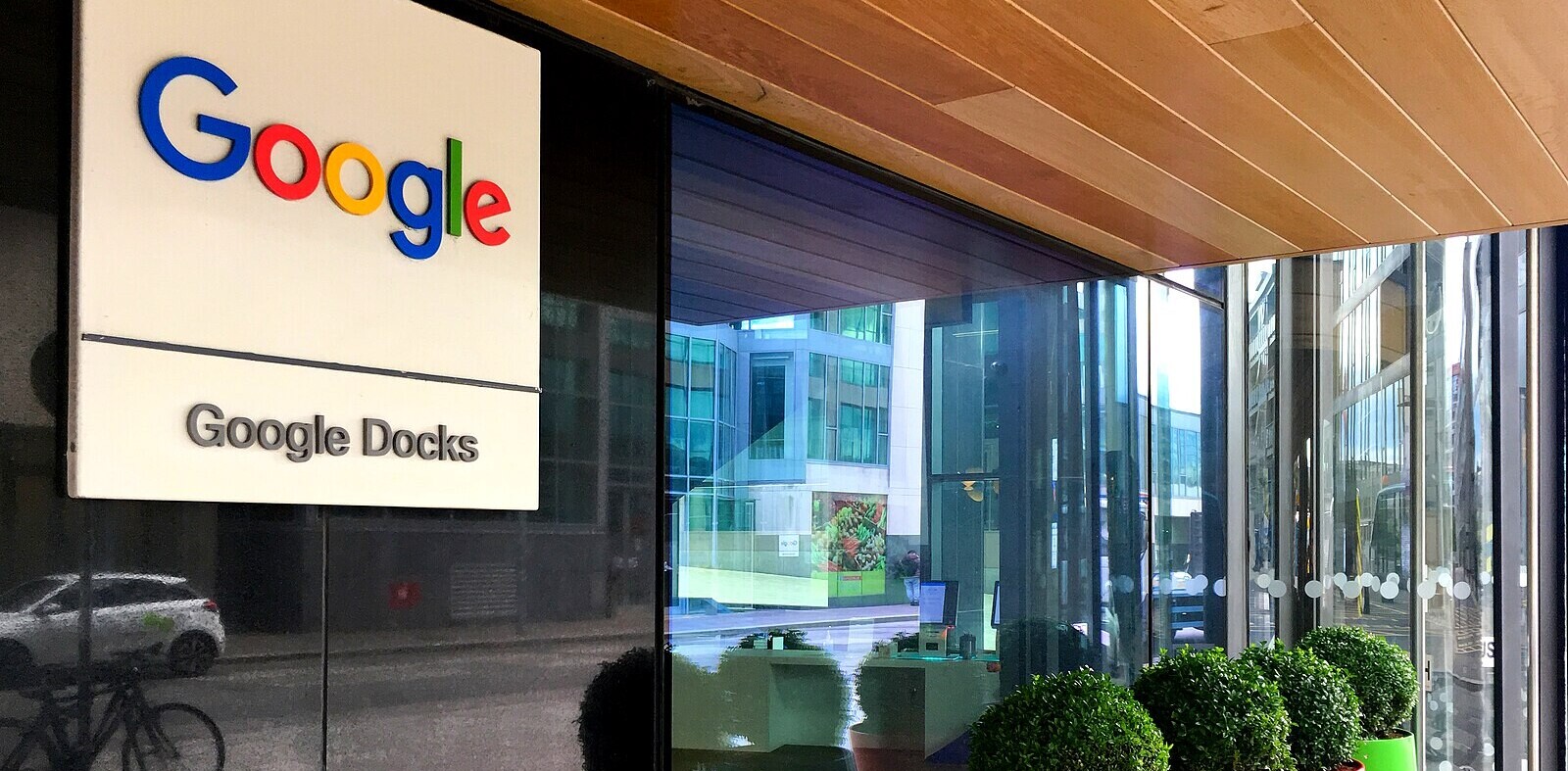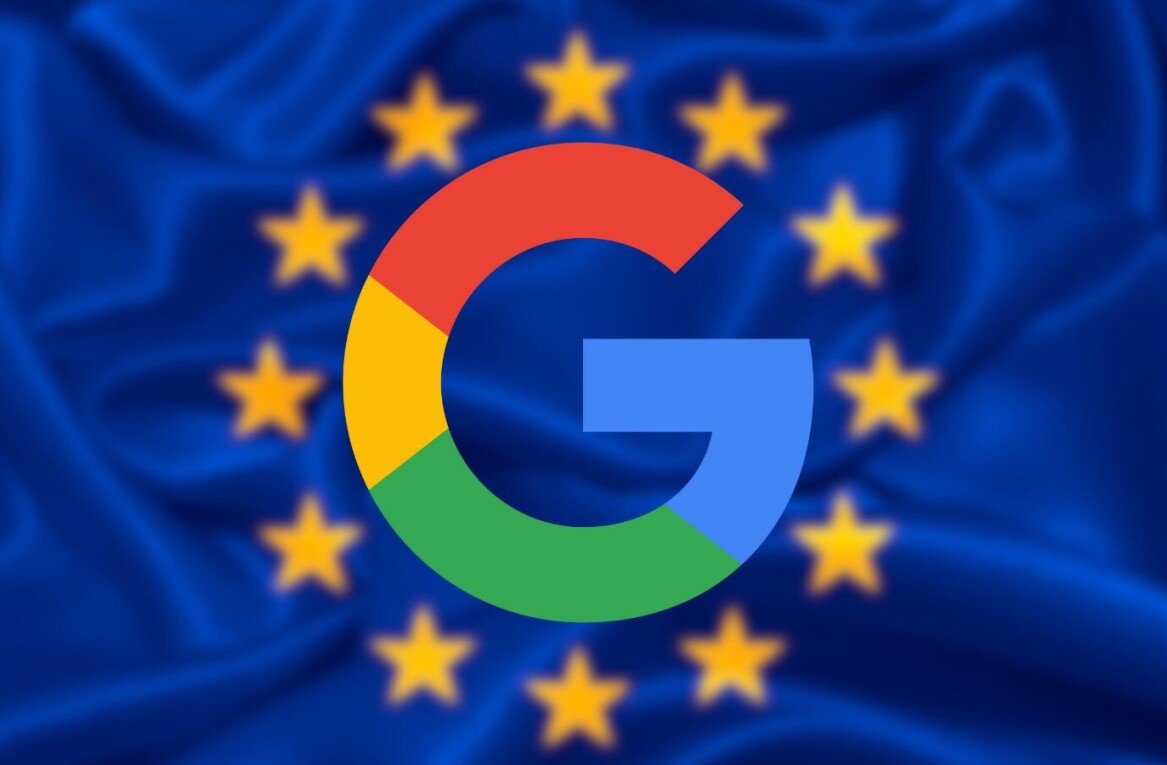
Google today launched a new online education tool called Oppia, currently an open source project with the goal of making it easy for anyone to create online interactive activities that others can learn from. Called explorations, these activities can be built and contributed to by multiple people from around the world through a Web interface, without any programming required.
Here is how Google describes its latest venture:
Oppia does this by modeling a mentor who poses questions for the learner to answer. Based on the learner’s responses, the mentor decides what question to ask next, what feedback to give, whether to delve deeper, or whether to proceed to something new. You can think of this as a smart feedback system that tries to “teach a person to fish,” instead of simply revealing the correct answer or marking the submitted answer as wrong.
And in typical Google style, here’s the YouTube video:
Google says Oppia does more than just present content: it gathers data on how learners interact with it and offers it to exploration authors so they can fix shortcomings in an exploration. For example, if many learners are giving an answer to which an exploration is not responding adequately (for example, the difficulty changes abruptly, or the next question appears to be unrelated), an author could create a new learning path for it. In this way, the exploration continues to get better.
Here’s Oppia’s current feature list:
- Learners receive personalized, customizable feedback after submitting answers
- Explorations are embeddable in any webpage
- An online analytics dashboard that allows explorations to be improved easily over time
- A full online editor GUI
- A comprehensive extension framework allowing straightforward integration of new interactions and classification rules
- Parameters can be associated with a learner in order to create a richer interactive experience
- Collaborative creation and editing of explorations with version control
- (in progress) Responsive UI for mobile devices
Unfortunately, there’s no indication of the amount of resources Google plans to dedicate to Oppia. The disclaimer “Oppia is not a Google product” seems to suggest the company is hoping a community forms and takes over.
Google’s reasoning for why Oppia exists is simple: the company believes online education can be delivered via more than just video, audio, and text. In learning, feedback is key, and as the company says: “one does not learn to play the piano by watching videos of many virtuoso performances.”
Top Image Credit: Justin Sullivan/Getty Images
Get the TNW newsletter
Get the most important tech news in your inbox each week.




